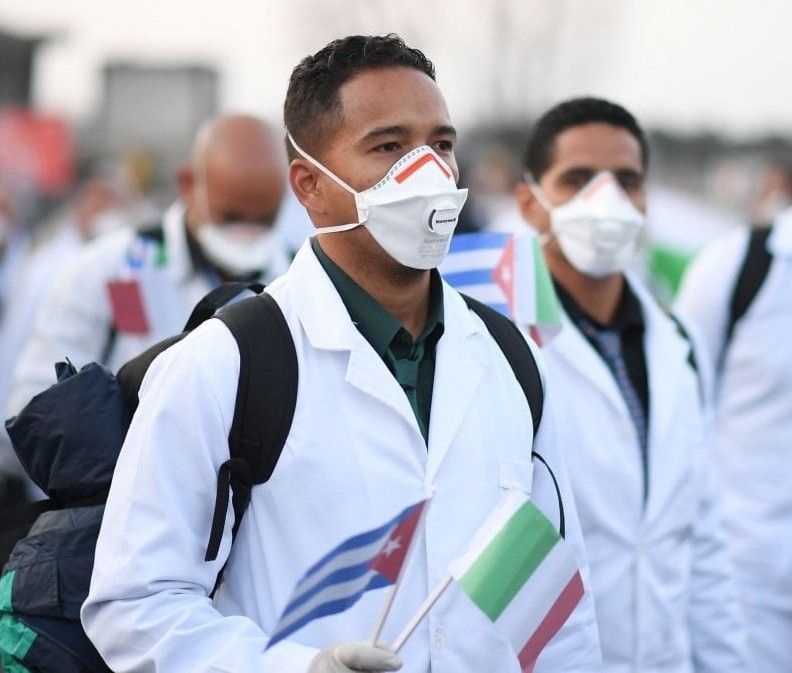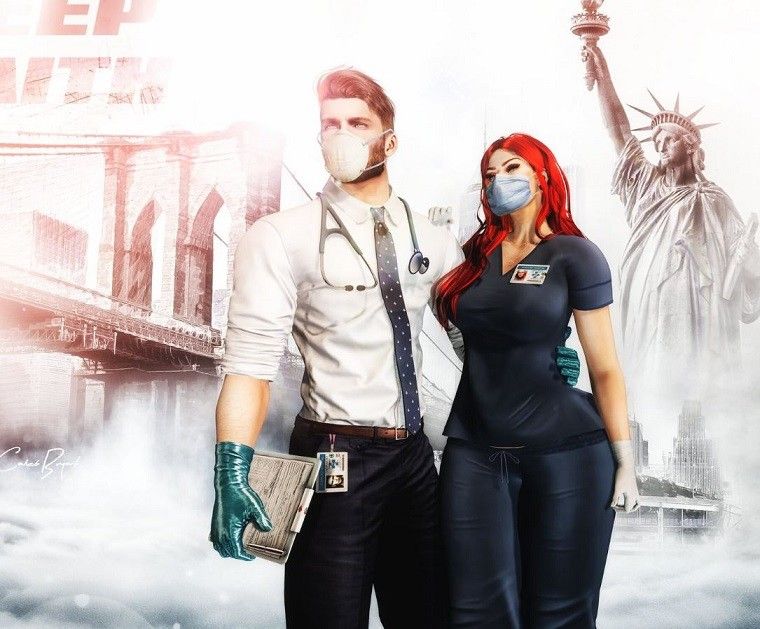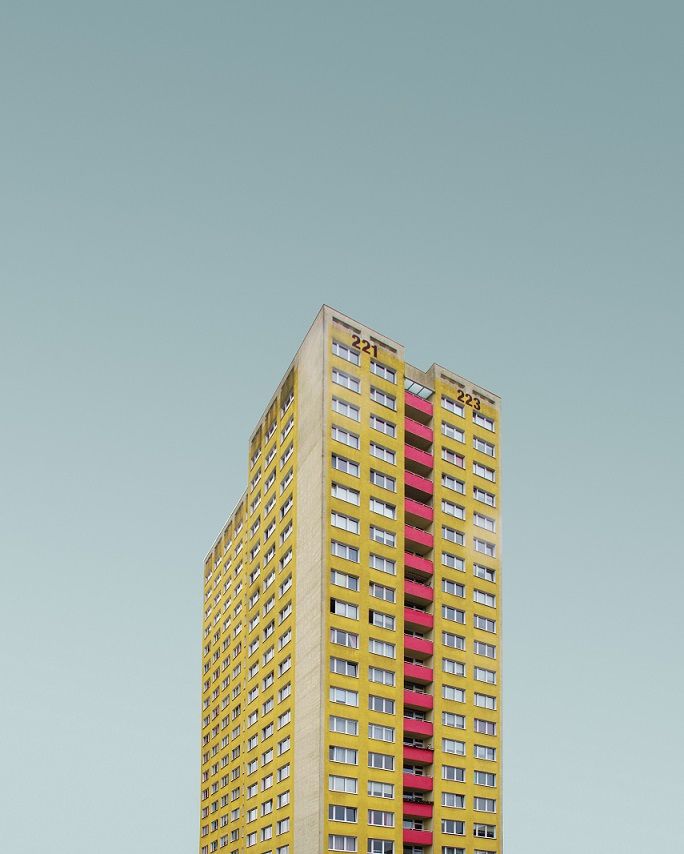West and the East after the fall of the Berlin Wall
It’s been thirty years since the fall of the Berlin Wall, from that November day when East Germany announced the opening of the “frontier” between East and West Berlin.
Historians fix 1991 as the end of the Cold War, tying it to the fact that it’s in the December of that year that the Soviet Union dissolves, and a world divided at the end of World War II in two blocks ends. For more than forty years two very distinct ideologies, capitalist and communist, have been contraposed.
United States and Soviet Union spent all that time trying to make their system better than the other, or at least more appealing.
They did it with different strategies: USSR with a defensive stance, because while Stalin was convinced Communism would have won and taken Capitalism’s place, he knew very well that the Western model wasn’t facing a crisis, because the USA had a precise goal: bring wealth in the whole world and warrant their own safety.
What has Berlin to do with this fight between super powers?
Germany is the neuralgic point of Cold War, because inside the soviet area of influence, there’s a small American influence, West Berlin.
For Stalin this in unacceptable and in 1984 he blocks the passage between East and West Berlin. The logic is that of the Domino Effect: you lose Berlin, you lose Europe, you lose the world.
Is following this logic that Truman in 1950 intervenes in aid of South Korea when the country is attacked by North Korea.
In every small crisis there’s a potential world crisis.
The end of the Cold War turns out to be not only the end of an era for eastern Europe, but for the whole world.
West and East after the Berlin Wall fall
How does humanity interpret themselves after the fall of the Berlin Wall and the end of the Cold War? In many ways.
Where does Catholic Christianity ends, and where does the Orthodox one begins?
In the Orthodox bloc, Russia assumes the central position, surrounded by Islamic bearing countries, like Kazakhstan and Turkey. The Sinic pole recognizes again the Chinese hegemony.
Concerning Islam, one question remains: which country leads the way? Religion is the only big cohesion factor, Ummah (community) is more important than nation, and there are many different countries that want to take the lead, but they all lack “something”: Indonesia is dislocated, Egypt is poor and tied to the USA, everyone in Iran is Shiites, Pakistan is poor, Turkey is not predominantly Islamic and Saudi Arabia depends on the West.
What changed and how is the world constantly changing after the Cold War?
There’s a strength that seems to be the foundation of all cohesion or disintegration processes and conflicts that characterize the whole world after the Cold War: culture.
The clash between civilizations would replace, this way, the clash between superpowers.
Leaving ideals left for dead, humanity is looking for a new enemy to define itself.
Culture takes the role of aggregating or disruptive force.
And that’s how a new multipolar scenery develops, made out of seven or eight civilizations, and not bipolar like it was from 1947 to 1991.
A world with new classifications and ways of telling one’s story:
Today what defines us are not big ideologies of old, they are still present but they don’t have the same key role they served in the Cold War.
Man in this turn of the century still needs an ‘Adversative identity’, he recognizes himself and understand himself only if he recognizes diversity from another: I’m me because I’m different than you.
And thinking about globalization, it’s not the answer or the solution, globalization it’s not a synonym of cultural aggregation or especially universal identity.










